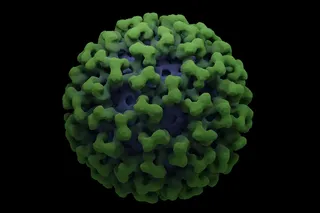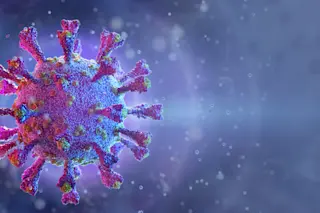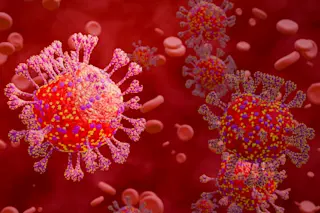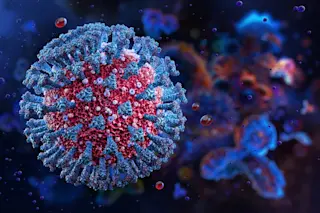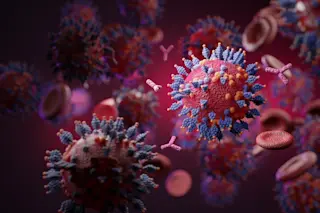It's inevitable that some laws meant to solve a problem will surprise us with unintended consequences that lead to new, potentially bigger problems. And other laws are just doomed from the start. Case in point: A report from the International Planned Parenthood Federation finds that more and more countries are criminalizing the spreading of HIV, in a (hopelessly-misguided, destined-to-fail) effort to halt the disease. According to the AP:
Since 2005, seven countries in West Africa have passed HIV laws. In Benin, simply exposing others to HIV is a crime, even if transmission doesn't occur. And in Tanzania, intentional transmission of the virus can lead to life imprisonment...In the U.S., 32 states have laws criminalizing HIV transmission. Experts estimate that thousands of people have been charged across the country with spreading HIV. Since 2001, 16 people in the United Kingdom have been prosecuted for spreading HIV.
Why is this such a bad idea? you may ask. Despite all the medical advances in treating and curbing the spread of HIV/AIDS, there are still an estimated 3 million new cases of HIV a year, and nearly all of them are the result of risky (and therefore preventable) behavior. Shouldn't those who fail to take precautions be punished for endangering the lives of others? Well no, not if it means driving said risky behavior underground to avoid criminal prosecution. Which is precisely what is likely to happen, and thereby make things even worse:
Health officials fear the trend could undermine gains made in fighting the AIDS pandemic and provoke a surge in cases... "If the law is applied badly, this could set us back and do incredible damage," said Paul de Lay, an AIDS expert at UNAIDS... De Lay said the laws could result in forced testing and drive the epidemic underground as people hide their HIV status, allowing the virus to spread unnoticed.
Plus there's the small matter of the counter-productivity, inefficiency, and downright cruelty of putting a bunch of HIV-positive people in jail. Related: RB: The Latest in AIDS Research: Pills, Gels, and a Big Step Towards a Cure


